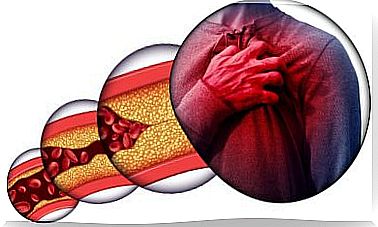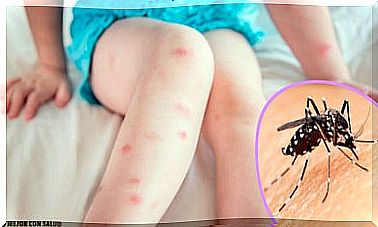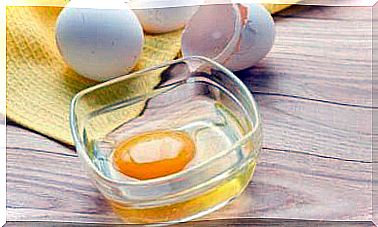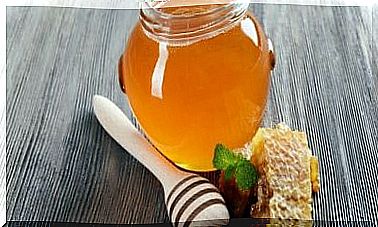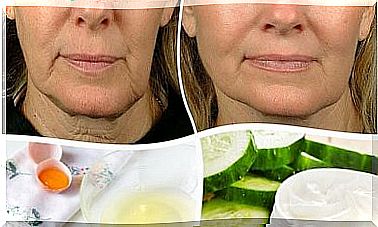Top 10 Foods Rich In Nutrients
Nutrient-dense foods contain many vitamins and minerals (also called micronutrients), but not many calories. Vitamins and minerals nourish your body and help maintain health while reducing the risk of chronic diseases.
What are nutrient-dense foods?
Knowing the foods rich in nutrients is essential to design a balanced diet according to our needs. As we well know, the body requires a certain amount of essential macro and micronutrients on a daily basis.
However, their needs may vary according to age, current health and weight, among other factors. Therefore, in addition to knowing the food, it is good that you get advice on how and how much you should consume by going to a nutritionist.
1. Vegetables
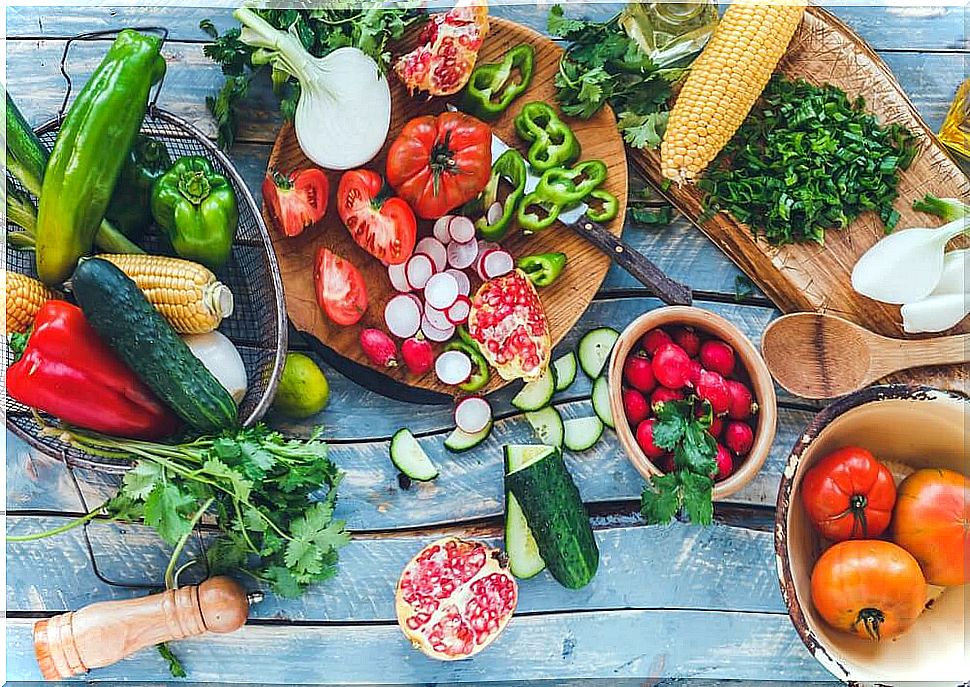
Vegetables are one of the most popular and nutritious foods, although ironically less consumed. A diet rich in vegetables can provide you with a host of health benefits.
According to an article by Harvard TH Chan, vegetables would help reduce the risk of stroke, heart disease, blood pressure, the risk of eye problems, digestive problems and some cancers.
Among the most nutritious vegetables that you can add to your diet we find:
- Chard
- Avocado
- Celery
- Broccoli
- Sweet potato
- Pumpkin
- Onion
- Cauliflower
- Asparagus
- Spinach
- Potato
- Tomato
- Carrot
2. Fruits
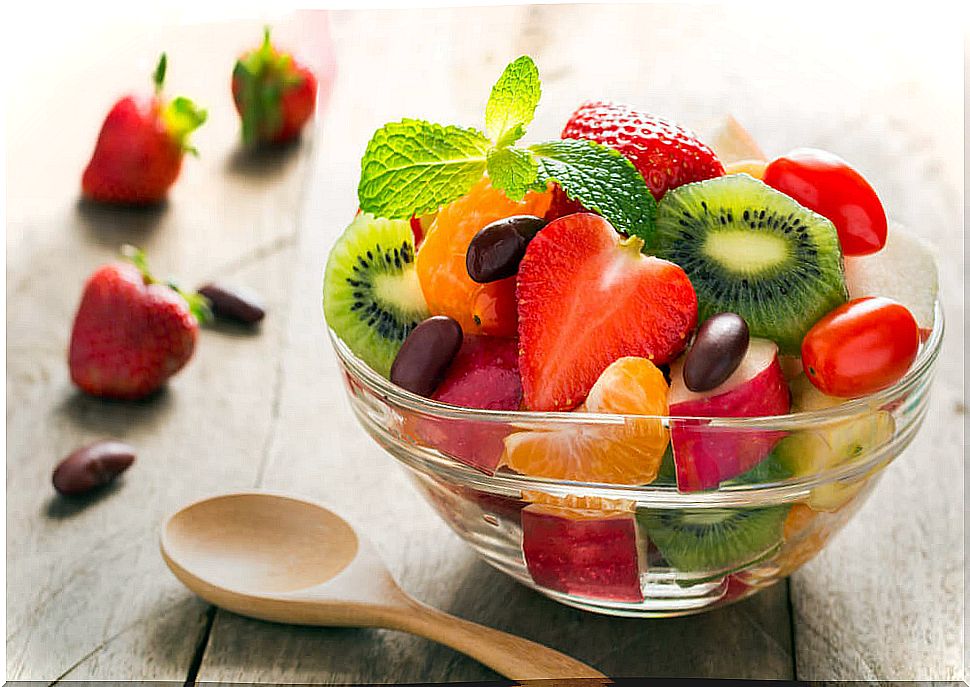
Fruits provide all kinds of minerals, vitamins, antioxidants, and a host of other beneficial micronutrients derived from plants (phytonutrients). They are also naturally low in fat and calories, and contain no cholesterol.
Some of its components, such as vitamins C and E and flavonoids, have been associated with possible protection against chronic diseases such as cancer, diabetes and obesity, according to data published in Advances in Nutrition in 2012.
Some of these nutrient-rich foods that you can incorporate into your diet are:
- Apricots
- Blueberries
- Plums
- Raspberries
- Strawberries
- Figs
- Oranges
- Apples
- Papaya
- Pineapple
- Bananas
- Watermelon
- Kiwi
3. Whole grains
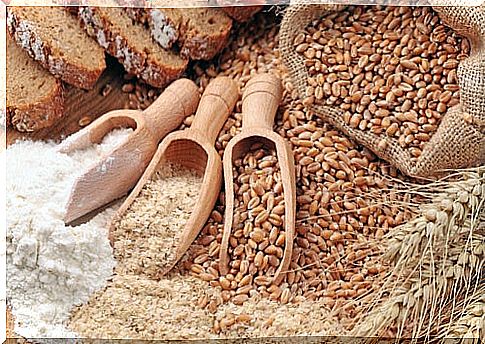
Whole grains are also part of nutrient-rich foods because they are low in fat and high in fiber. Research carried out jointly by the University of Eastern Finland and The International Agency for Research on Cancer (IARC) indicated that the consumption of whole grains would be associated with a lower risk of cardiovascular diseases, type 2 diabetes mellitus and some types of Cancer.
Different studies also suggest that it would be possible to benefit from whole grains to reduce so-called systemic inflammation. However, more research is needed.
Some of the whole grains that would be interesting for you to include in your diet would be:
- Integral rice
- Oatmeal
- Barley
- Rye
- Corn
- Whole wheat
- Quinoa
4. Legumes
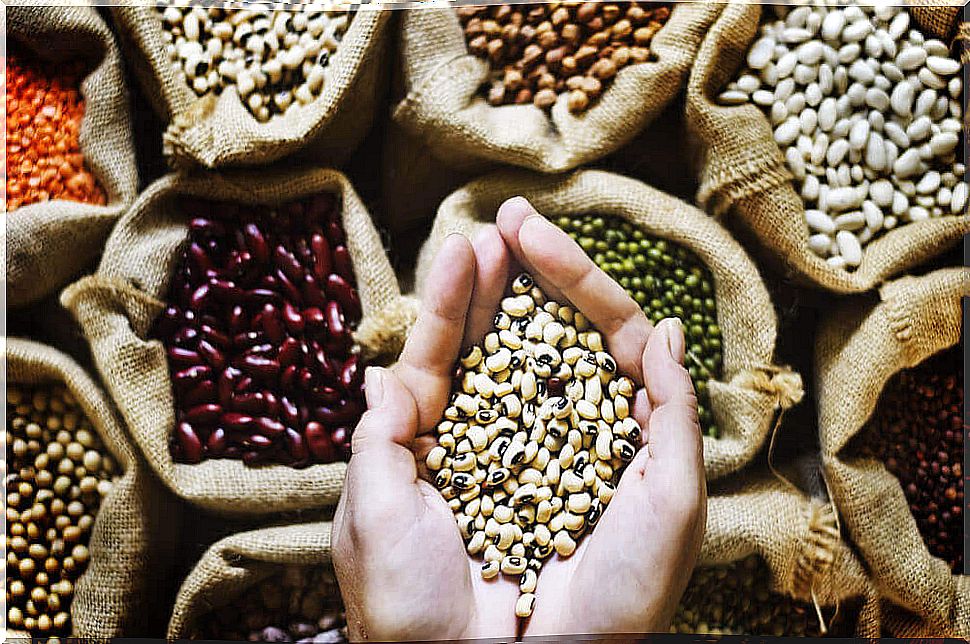
According to the Spanish Nutrition Foundation, legumes are one of the best sources of soluble fiber, as well as being rich in iron, magnesium and folic acid. This last component is essential during pregnancy to avoid possible neural tube malformations.
At a general level, iron participates in the formation of hemoglobin in the blood, as well as in the process of transporting oxygen in the body, while magnesium helps the normal functioning of muscles and nerves.
Some of the healthy legumes are:
- Black beans
- Garbanzo beans
- Dried peas
- Broad beans
- White beans
- Lentils
- Soy
- Tofu
5. Seafood and fish
Seafood and fish provide vital nutrients, such as omega-3 fatty acids, EPA. These healthy fats help prevent and decrease common chronic diseases, such as diabetes, arthritis and heart disease, according to the American Diabetes Association.
Due to their rich supply of nutrients, experts recommend that they should be eaten at least twice a week. Some of the most nutritious and tasty seafood and fish you can eat are:
- Tuna
- Cod
- Shrimp
- Salmon
- Sardines
- Scallops
6. Low-fat dairy products
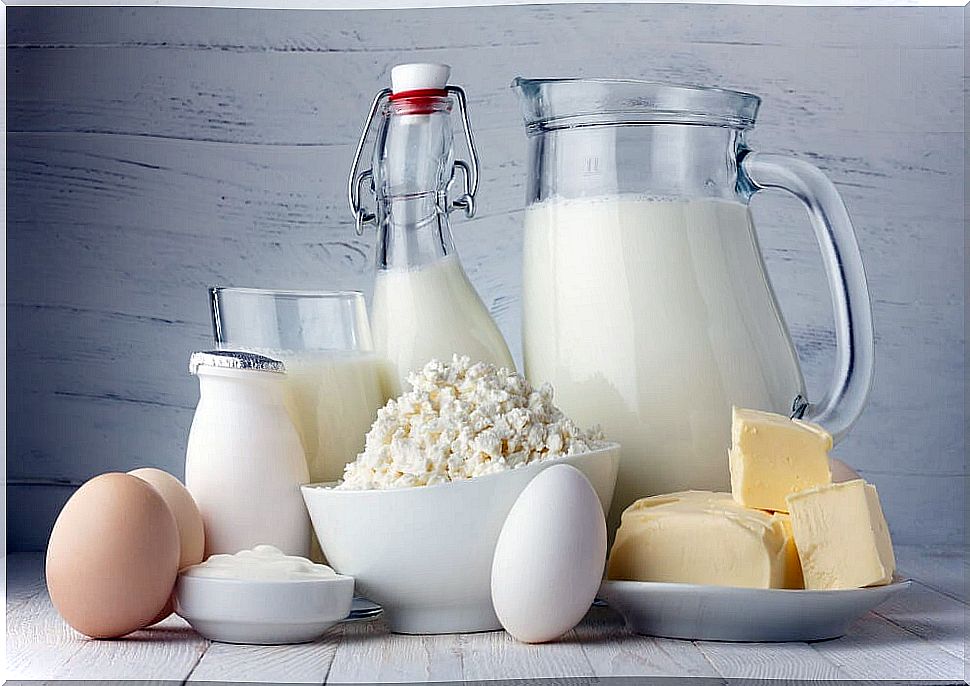
Dairy products and milk make up 10 to 12 percent of our total dietary fat. Whole milk is a good source of vitamin B12, vitamin D, calcium, riboflavin, phosphorus, and is high in saturated fat. In addition, it could lead to problems such as weight gain, if consumed in excess.
Low-fat milk and eggs are low in fat. Low-fat products would help build muscle, prevent obesity, and have a lower risk of diseases such as type 2 diabetes and hypertension.
Among the nutrient-rich low-fat dairy foods in the world and eggs are the following:
- Milk (cow or goat)
- Yogurt (cow or goat)
- Cheese (cow or goat)
- Eggs of birds (specially raised in the field).
7. Nuts and seeds
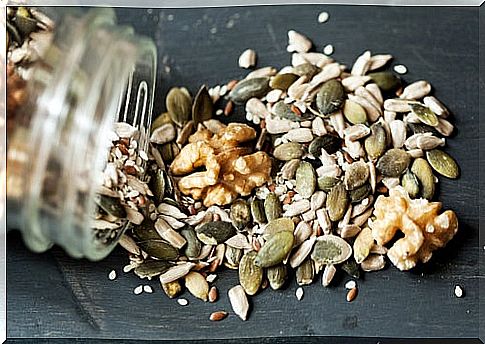
Nuts and seeds are a delicious and reliable source of quality protein, vitamins, fiber, and complex carbohydrates. These foods also provide a good amount of minerals like selenium, magnesium, copper, and zinc.
Some of the nutrient-dense foods in the world in terms of nuts and seeds are:
- Almonds
- Cashew nuts
- Peanuts
- Walnuts
- Flax seeds
- Sesame seeds
8. Natural sweeteners
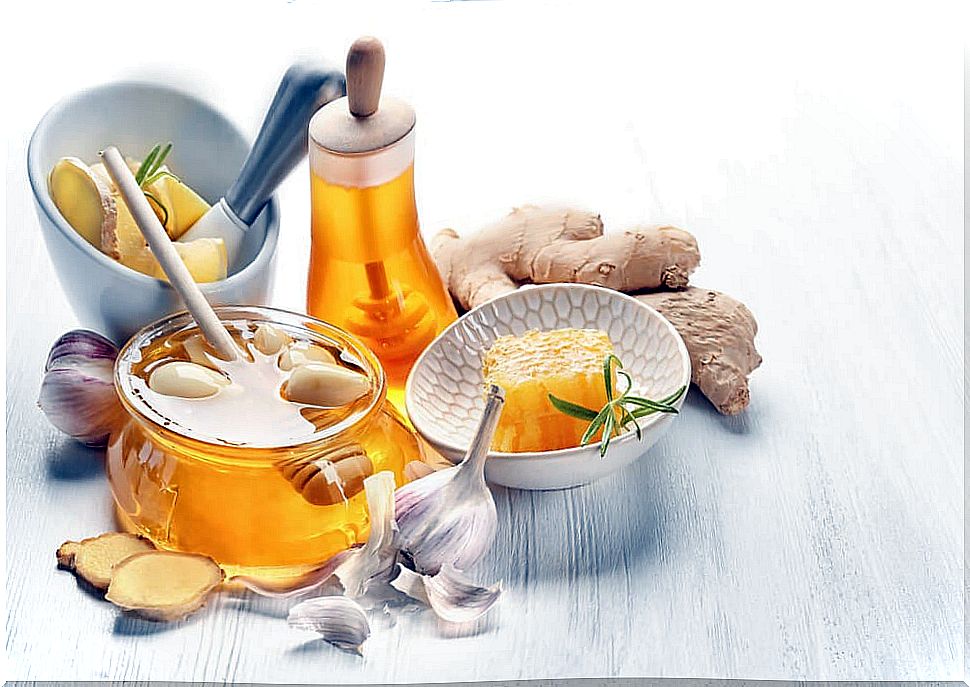
In general, it is recommended not to use sugar when following a diet to lose weight. However, did you know that some sweeteners can provide you with a wide variety of nutrients, in addition to sweetening your meals?
The best natural sweeteners are:
- Maple syrup
- Molasses
- Honey
9. Lean meats and poultry
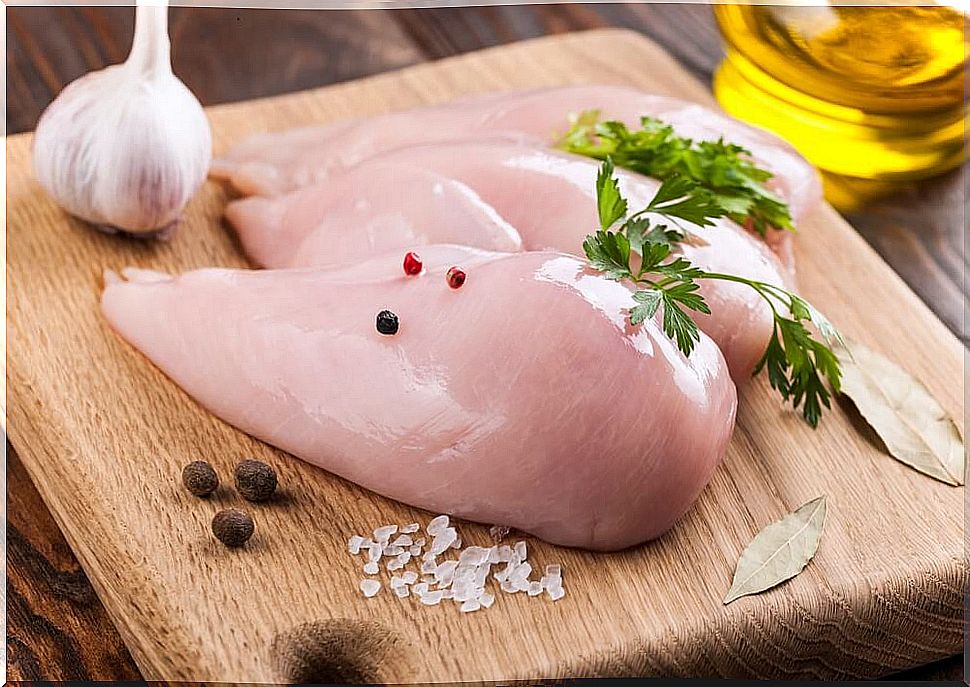
Lean meat provides essential proteins that are lower in fat and calories than non-lean meats. Also, poultry, such as chicken, provide important vitamins such as B3 and B6, as well as minerals such as selenium and choline that help support proper nerve function.
Therefore, if you are on a low-fat and low-calorie diet, lean meats and poultry are a good option to add to your diet.
- Beef (grass-fed)
- mutton
- Chicken
- Turkey (specially raised in the field)
- deer
10. Healthy drinks
- Green tea. Rich in polyphenols and catechins, it would have a protective action against heart disease and cancer, as well as being beneficial to improve the symptoms of overweight and type 2 diabetes, according to different studies.
- Soy sauce. An investigation from 2007 indicates that soy sauce would have antioxidant action, in addition to providing essential minerals and vitamins.
- Water. It keeps you hydrated and brings a host of health benefits, including preventing kidney damage.
There are other foods that are not part of this important and valuable list, such as extra virgin olive oil. In addition to some others that are known in a certain region or country.
The important thing is that you make nutrient-rich foods the basis of your daily diet. Consult your doctor to diagram a diet according to your nutritional needs and caloric expenditure.
